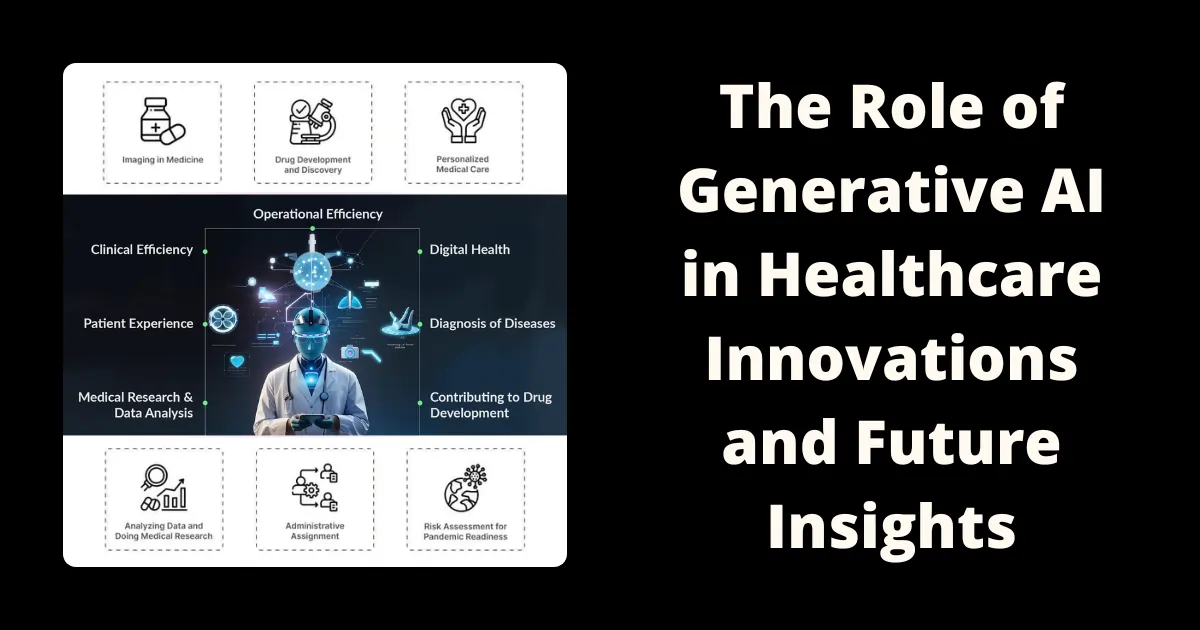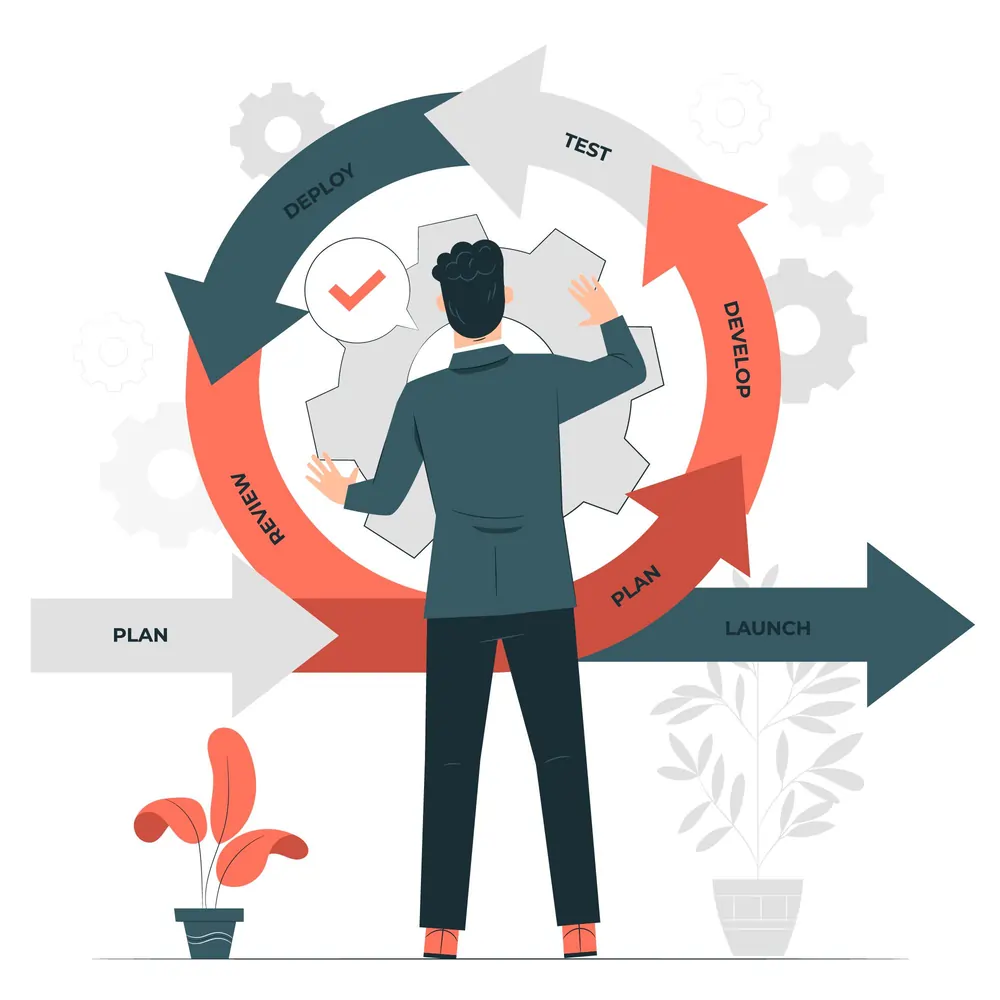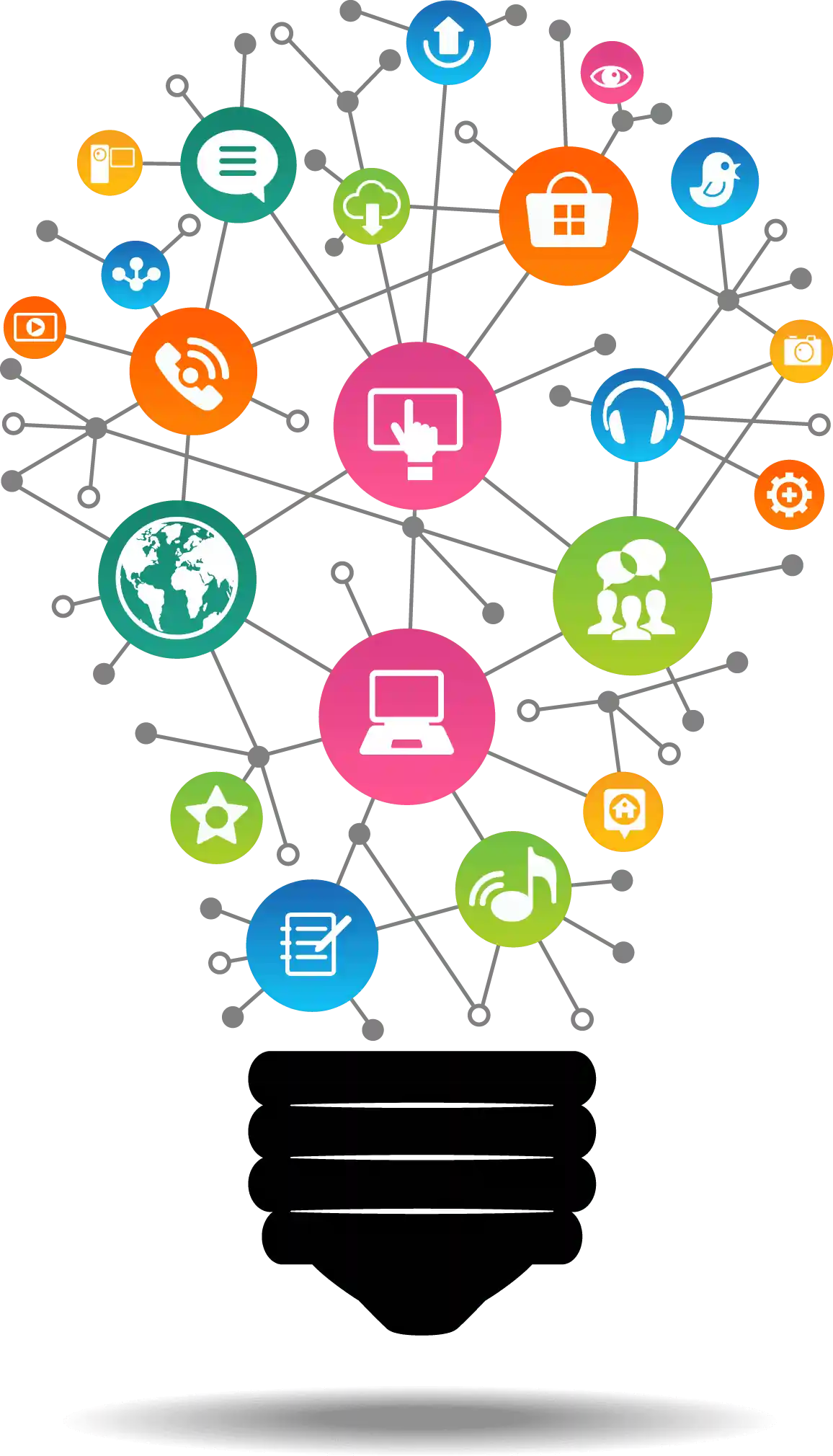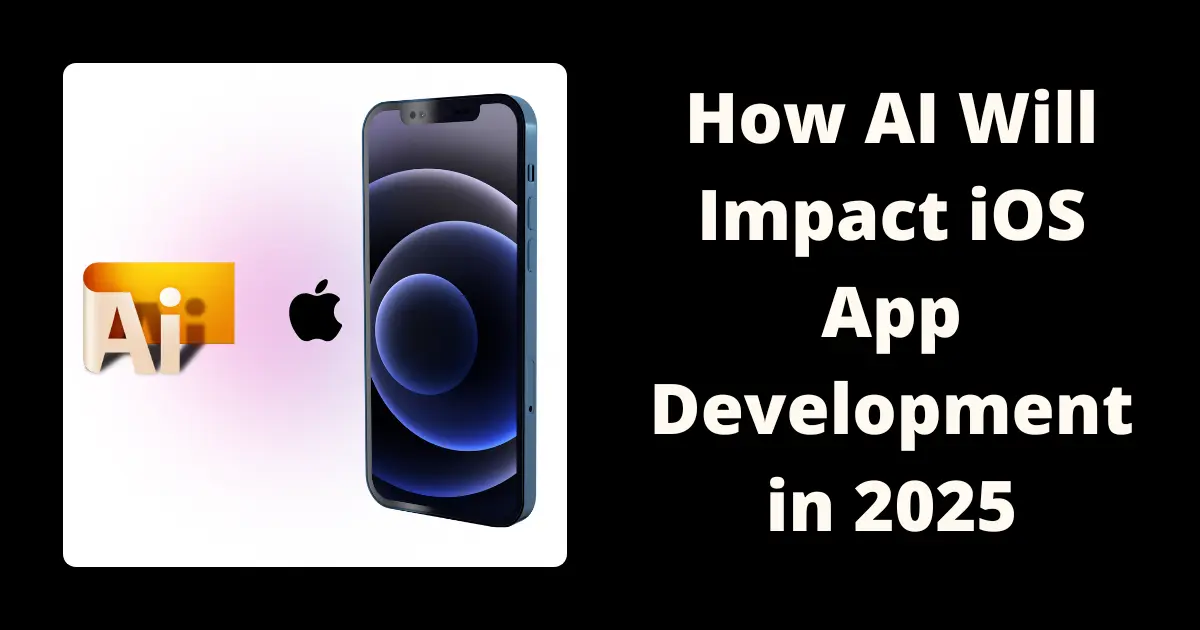The Role of Generative AI in Healthcare Innovations

Overview
The Role of Generative AI in Healthcare Innovations
The healthcare industry is experiencing a groundbreaking transformation powered by generative AI. With advancements in diagnostics, personalized medicine, and drug discovery, generative AI is setting the stage for an entirely new approach to patient care. This technology, which generates new data based on human-like patterns, is already improving healthcare practices and offers vast potential for the future.
What is Generative AI in Healthcare?
Generative AI refers to the use of artificial intelligence systems that can create new, synthetic data based on existing information. These systems replicate human-like patterns to generate medical images, simulate patient outcomes, and predict the effectiveness of treatments. In healthcare, generative AI is used to create virtual medical records, personalized treatment plans, and provide predictive diagnostics. It holds the promise to streamline processes, enhance patient care, and reduce operational costs.
Generative AI in healthcare is increasingly seen as a critical tool for improving treatment outcomes, offering personalized care, and accelerating medical research. AI technologies can learn from vast datasets of medical records, historical outcomes, and scientific research to create highly specialized models capable of predicting and managing patient health.
Applications of Generative AI in Healthcare
Generative AI in healthcare offers a wide range of applications that are transforming the industry. Here are some key areas where it is making a significant impact:
1. AI in Medical Imaging
AI's use in medical imaging is one of its most exciting applications. Generative AI algorithms enhance traditional imaging techniques like MRI, CT scans, and X-rays. These systems help create high-resolution images from low-quality scans, fill in missing data, and detect diseases such as cancer in its early stages. By doing so, they assist doctors in making accurate diagnoses, improving patient outcomes, and reducing human error.
Moreover, AI can help with the identification of rare conditions that human eyes might miss, ensuring earlier intervention for diseases like neurological disorders, heart diseases, and cancers. Through continuous learning, AI-powered imaging systems can improve over time, providing ever more precise results.
2. AI in Drug Discovery
The process of discovering new drugs is often time-consuming and costly. Generative AI accelerates this process by analyzing vast datasets and simulating how different compounds might interact with specific diseases. AI models can predict the effectiveness of new drugs and help researchers identify the most promising candidates for clinical trials. This drastically reduces both the time and cost involved in developing new treatments.
Generative AI algorithms also assist researchers by suggesting new molecules for drug development that may not have been considered otherwise. By evaluating existing data and predicting how various compounds interact with different targets, AI allows for better optimization of drug candidates, speeding up the journey from research to clinical applications.
3. Personalized Medicine
One of the most promising uses of generative AI is in personalized medicine. By analyzing a patient's genetic, environmental, and lifestyle data, AI systems can help create individualized treatment plans tailored specifically to each patient’s needs. This results in more effective treatments and improved patient care.
AI is increasingly used to personalize cancer treatment, cardiovascular care, and even mental health treatments. In oncology, for example, AI models analyze the genetic profile of tumors and predict the most effective treatment protocols for individual patients. This personalized approach reduces the likelihood of adverse drug reactions and ensures more successful outcomes.
4. AI in Diagnostics
Generative AI is revolutionizing diagnostics by improving the accuracy of disease detection. AI models are trained to analyze medical data and detect patterns that might not be apparent to the human eye. From early detection of cancers to identifying rare diseases, AI is helping doctors diagnose conditions faster and more accurately.
AI-driven diagnostic tools can interpret medical images and data from a variety of sources, including scans, test results, and genetic information. This results in more rapid identification of diseases, ensuring that patients receive prompt treatment. Moreover, AI diagnostic tools can help physicians make more informed decisions based on large amounts of data, including historical medical records and emerging patterns in patient behavior.
5. AI-Powered Patient Care
AI-powered virtual assistants and chatbots are improving patient care by providing instant responses to health queries, managing appointments, and delivering personalized advice. These tools help patients stay engaged in their care and provide doctors with valuable information about patient needs.
These AI systems are particularly beneficial in remote areas where access to healthcare professionals may be limited. Patients can receive 24/7 assistance, whether it’s for simple inquiries, medication reminders, or mental health support. The data collected by these systems also helps providers understand patient needs, ensuring a more personalized healthcare experience.
6. Future of Healthcare AI
As technology evolves, the integration of generative AI with IoT devices and wearable technologies will enable real-time monitoring and predictive care. This means that healthcare providers can monitor patients continuously, detect health issues before they become severe, and offer preventative care. AI will play a key role in ensuring that the healthcare system becomes more proactive, rather than reactive.
For instance, wearable devices equipped with AI can monitor vital signs such as heart rate, blood pressure, and glucose levels, sending alerts to both patients and healthcare providers when readings indicate potential health issues. This helps doctors intervene early, reducing the risk of severe complications.
Emerging Uses of Generative AI in Healthcare
The role of generative AI in healthcare is still expanding, with several emerging applications on the horizon. These include:
1. Life Sciences Advancements
Generative AI is playing a crucial role in life sciences, particularly in decoding complex biological data. By understanding genetic variations and the molecular behavior of diseases, AI is enabling breakthroughs in the treatment of conditions like cancer, Alzheimer’s, and autoimmune disorders.
AI-powered tools are aiding researchers in understanding the intricate biological processes that lead to diseases, and in doing so, they are helping identify novel therapeutic targets. This is essential for developing treatments that are more effective and less harmful to patients.
2. Virtual Healthcare Assistants
Virtual assistants powered by AI are transforming patient interaction by streamlining administrative tasks. These tools help with scheduling, follow-ups, and medication reminders, ensuring a seamless healthcare experience for patients and healthcare professionals alike.
These virtual assistants can also provide patients with personalized recommendations, answer frequently asked questions, and even triage basic health concerns, all of which improve the overall patient experience and reduce the administrative burden on medical staff.
3. Healthcare Market Insights
Generative AI also plays a critical role in providing insights into market trends and patient behavior. AI tools analyze large volumes of healthcare data to identify patterns and predict future needs, allowing providers to make better-informed decisions and improve patient outcomes.
By analyzing patient preferences, demographic trends, and even social media activity, AI models can help healthcare organizations tailor their services to meet the evolving demands of the population, ensuring that resources are allocated effectively.
FAQs
1. Can generative AI be used in healthcare?
Yes, generative AI is transforming healthcare in numerous ways, such as improving diagnostic accuracy, personalizing treatments, and accelerating drug discovery. It offers innovative solutions to enhance patient care and streamline healthcare operations.
2. How to use generative AI in healthcare?
Generative AI can be applied in healthcare to generate medical images, predict disease progression, create personalized treatment plans, and assist in drug discovery. It is also used in improving diagnostic accuracy and enhancing patient engagement.
3. How generative AI can be used in healthcare?
Generative AI improves imaging technologies, helps design personalized care plans, and analyzes patient data to detect diseases early. It’s also used in creating virtual healthcare assistants that manage patient interactions and offer immediate assistance.
4. What is generative AI in healthcare primarily used for?
Primarily, generative AI in healthcare is used for enhancing diagnostic accuracy, advancing personalized medicine, improving medical imaging, and accelerating research in drug discovery.
5. Generative AI in healthcare: Emerging use for care
Emerging uses of generative AI include real-time patient monitoring, predictive healthcare solutions, and innovations in life sciences that are improving our understanding of diseases at the molecular level.
6. Generative AI in healthcare and life sciences
Generative AI supports life sciences by analyzing biological data, enabling the discovery of new drugs and helping scientists understand the underlying causes of diseases. This knowledge leads to the development of better treatments and therapies.














